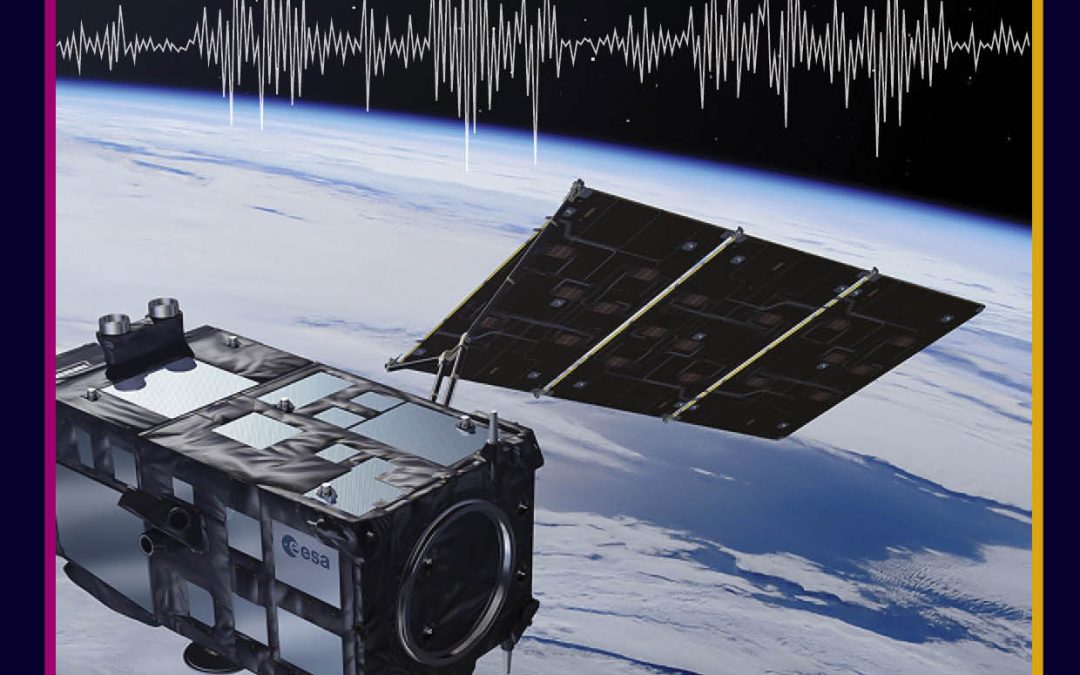
by admin | Jul 6, 2022 | earth and environment, engineering and tech
Across the globe, climate change is driving extreme weather events, such as floods and droughts, with increasing frequency, duration, and intensity. Accurately assessing the flow of water through rivers – or river discharge – could help us forecast extreme weather events and prevent loss of life. Sensors onboard satellites could provide more accurate and in-depth measurements of river variables than ever before. As part of the RIDESAT project, funded by the European Space Agency, Dr Angelica Tarpanelli and her team of researchers from Italy and Denmark investigate how combining remote sensing data from satellites could support river discharge assessments.
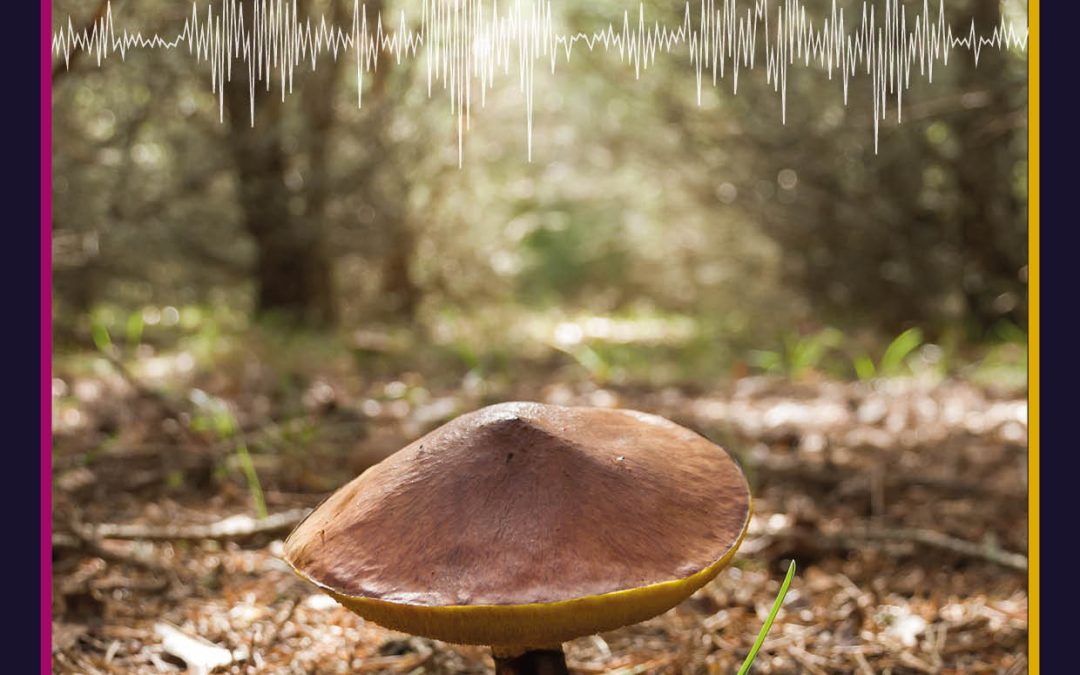
by admin | Jun 9, 2022 | biology, earth and environment, trending
An ancient relationship between plants and fungi could help us improve forestry and agriculture, while also responding to the challenges posed by climate change. These beneficial fungi, along with their bacteria helpers, help plants to grow bigger and healthier, and survive droughts. An international team of researchers has been investigating how these fungi and bacteria increase mineral availability for Scots pine and red pine seedlings through mineral weathering.
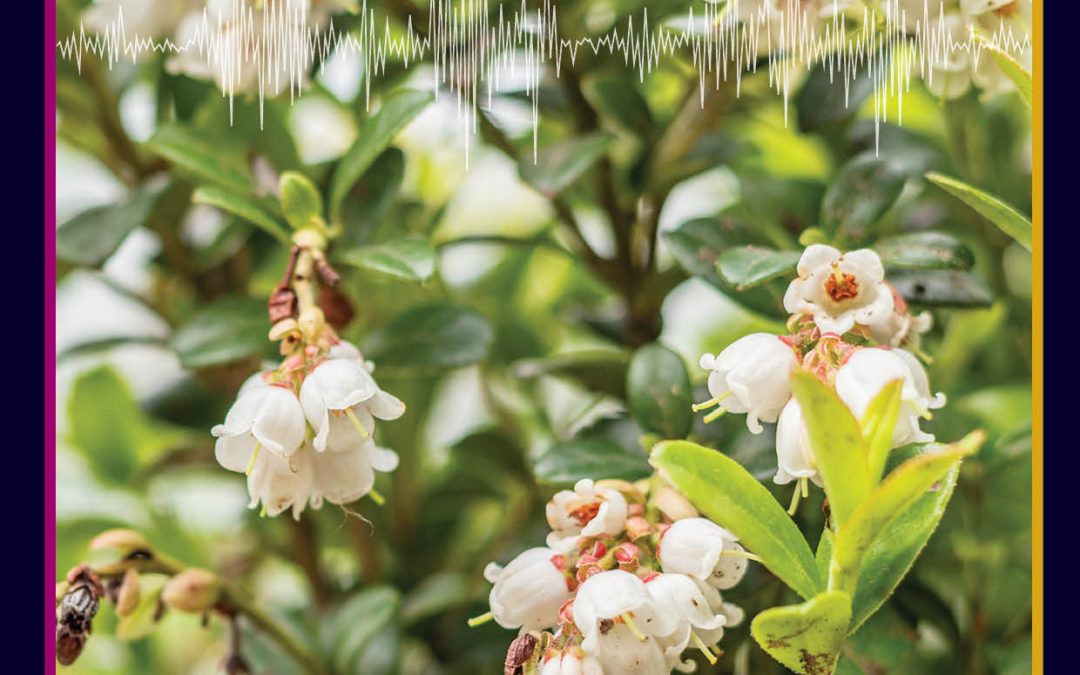
by admin | May 18, 2022 | biology, earth and environment, earth and environment animated, research animated
A welcome sign of a change in seasons, the year’s first flowers usher in the start of spring. Yet, as the climate warms, some flowers are blooming earlier. Since plants respond to environmental cues, such as temperature, shifts in their annual development has long been considered an effect of climate change. However, significant warming does not always lead to earlier flowering.
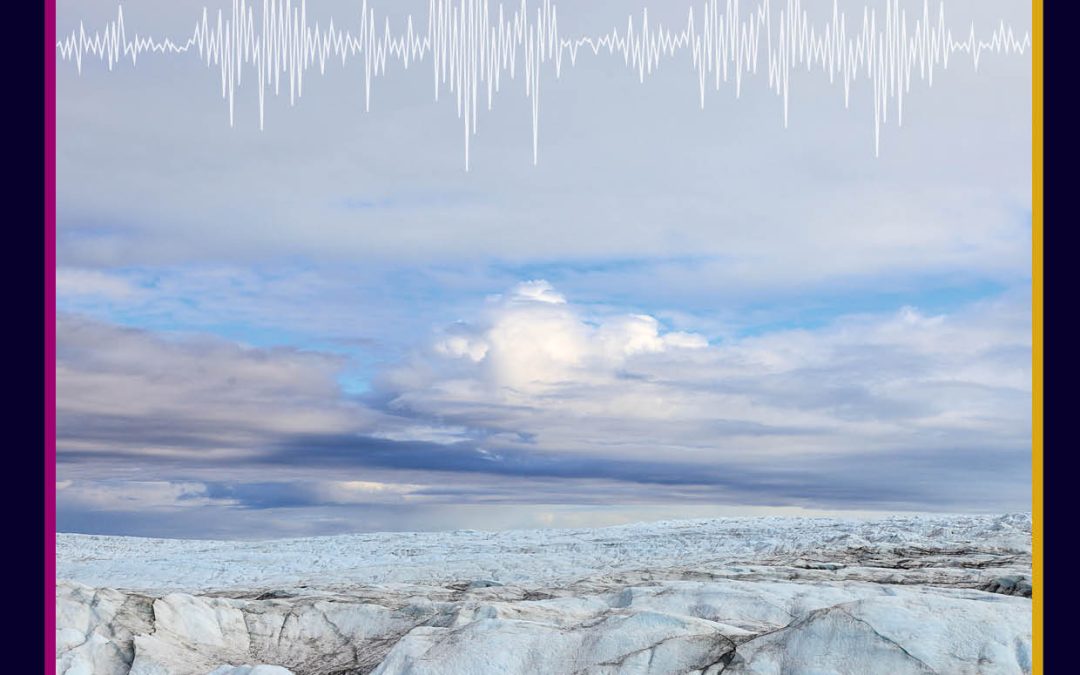
by admin | May 4, 2022 | earth and environment, trending
Over the past few millions of years, a succession of ice ages has profoundly influenced the geology of Earth’s northerly latitudes. These past events continue to influence our lives today – particularly in the fertile regions we now rely on for agriculture. By tracing the advances and retreats of ice sheets, Dr Alison Anders at the University of Illinois is gaining important new insights into how the landscapes and ecosystems of these regions are intrinsically linked to the geological past. Her team is also revealing how these areas are responding to a changing climate, and to complex human relationships with the land.
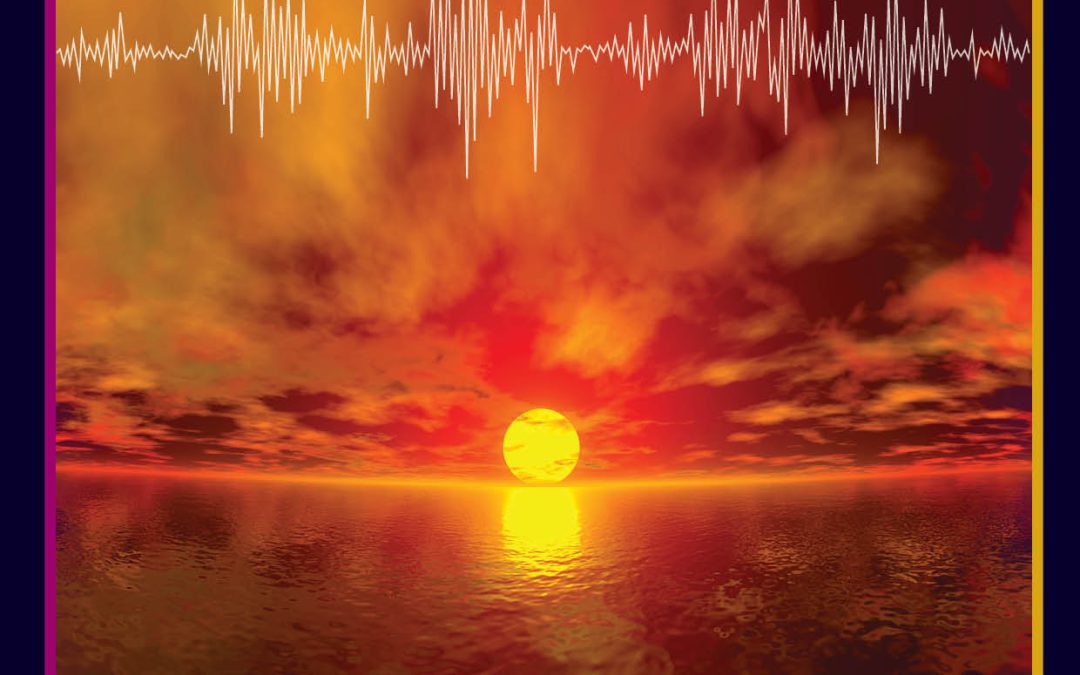
by admin | Apr 27, 2022 | biology, earth and environment
Important clues buried within ancient rocks that were deposited on the ocean floor around one billion of years ago could help scientists understand the evolutionary history of life on Earth. Dr Romain Guilbaud and an international team of researchers from the UK and China analysed the chemical composition of these rocky sediments from the Huainan Basin in North China. Their findings demonstrate how changes in ocean chemistry occurring between one billion and 800 million years ago strongly limited the production of atmospheric oxygen, which is a necessary prerequisite for the planet to host complex life.
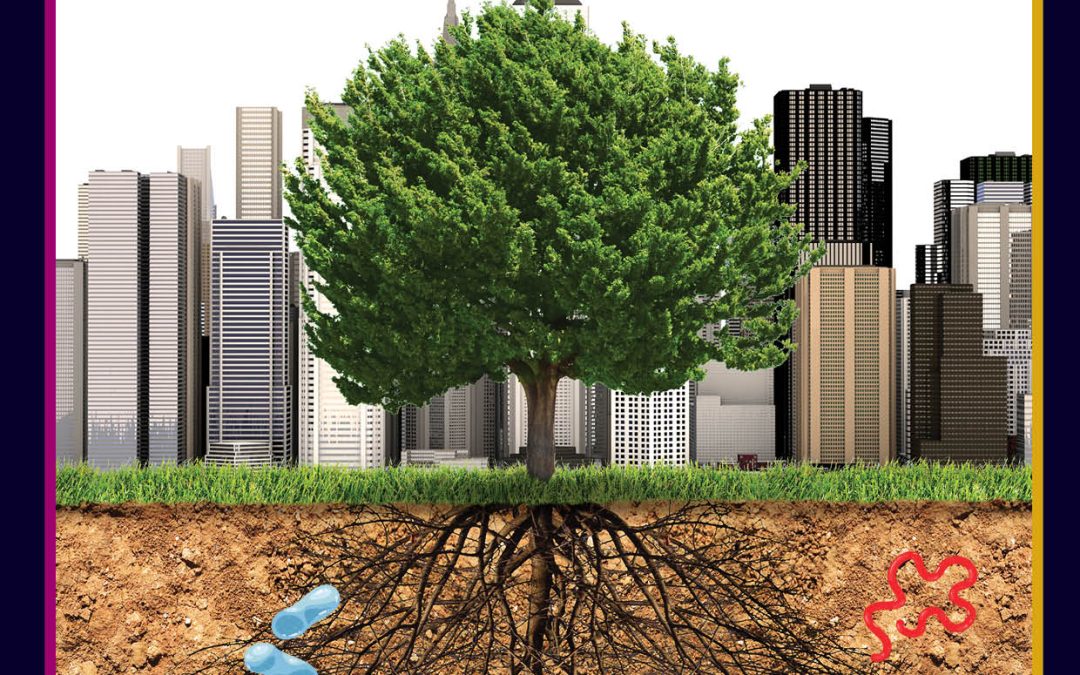
by admin | Apr 6, 2022 | biology, earth and environment, trending
Beneath our feet lies one of the most biodiverse habitats imaginable – the soil. These highly active underground microbial communities are vital to ecosystem health; they cycle nutrients, form soil structure, and decompose organic matter, among many other functions. The type of microbes that colonise soil is determined by the local plant community and climatic variables, both of which are rapidly changing due to human activity. In a recent study, Dr Carl Rosier of the University of Delaware has explored how urban development disturbs the environmental cycles that influence the types of microbes found in various soil habitats.






